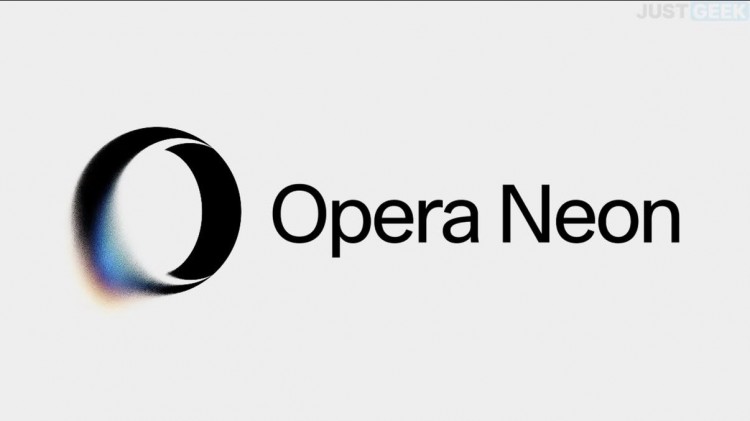The AI-First Browser Revolution: Reshaping Web Navigation in 2025

Browser companies are racing to integrate AI directly into web browsing, marking the most significant transformation since tabbed browsing.
The web ecosystem is experiencing dramatic changes as artificial intelligence reshapes how we browse the internet. From Opera's groundbreaking Neon browser to The Browser Company's surprising pivot from Arc to Dia, 2025 has become the year browsers evolve into AI-powered assistants.
Opera announced Opera Neon on May 28, 2025, calling it "the first AI agentic browser that rethinks the role of the browser in the coming generation of the AI agentic web." Unlike traditional browsers that simply add AI features, Neon is built from the ground up to understand user intent and take autonomous action.
The browser features three core functions through sidebar buttons: Chat, Do, and Make. Chat provides a native AI assistant for web search and webpage analysis. Do uses Opera's Browser Operator technology to automate tasks like form filling and online shopping while processing data locally for privacy. The ambitious Make feature employs cloud-based AI agents that can continue working on user requests even when offline, creating games, reports, code, or websites autonomously.
Opera Neon is a premium subscription product with early access available through a waitlist at operaneon.com. Pricing details remain undisclosed.
In a dramatic shift, The Browser Company has effectively ended development of its Arc browser to focus entirely on Dia, a new AI-powered browser set to launch in early 2025. CEO Josh Miller explained that "for most people, Arc was simply too different, with too many new things to learn, for too little reward."
Dia promises to be "an entirely new environment - built on top of a web browser" with features like smart cursor assistance that helps write sentences and fetch facts, automated task completion for complex web actions, and multi-step workflows. Arc will continue receiving security updates but no new features as the company redirects all resources toward Dia.
Mozilla isn't standing still. Firefox 139.0, released on May 27, 2025, introduced Link Previews, an experimental AI feature that summarizes webpage content before users click links. Users activate previews by hovering over a link and pressing Shift plus Alt, revealing a card with title, description, image, reading time, and three AI-generated key points.
The feature runs entirely locally using wllama (WebAssembly llama.cpp) with SmolLM2-360M from HuggingFace, ensuring privacy by processing content on-device rather than sending data to remote servers.
Google is advancing on multiple fronts:
NotebookLM Enhancement: Google added public sharing functionality to NotebookLM on June 3, 2025, allowing users to share notebooks publicly with a simple link. Viewers can interact with shared notebooks by asking questions, generating FAQs, or listening to AI-powered audio overviews.
Google AI Edge Gallery: Google quietly released an Android app (with iOS coming soon) that lets users download and run AI models from Hugging Face locally on their phones without internet connectivity.
Gmail and Drive Integration: Google continues integrating Gemini AI across its ecosystem, adding summarization to Gmail and extending Gemini's analysis capabilities to Google Drive videos.
The rapid AI integration isn't without friction. Windsurf, an AI coding tool startup, reported that Anthropic significantly reduced access to Claude models without notice, highlighting potential tensions in the AI development ecosystem.
Microsoft launched Bing Video Creator powered by OpenAI's Sora model, while reports suggest Samsung is collaborating with AI search startup Perplexity for next-generation Galaxy smartphones. Meta announced Edits, a short-form video editing app designed to compete with TikTok's CapCut.
This browser transformation reflects a shift toward what Opera calls "Web 4o" - an agentic web where AI agents become integral to online interactions. "We're at a point where AI can fundamentally change the way we use the internet and perform all sorts of tasks in the browser," said Henrik Lexow, Opera's Senior AI Product Director.
The success of these AI-first browsers will depend on delivering reliable functionality while maintaining user trust, privacy, and security. As we progress through 2025, the race to define next-generation web browsing will shape how billions interact with the internet for years to come.



